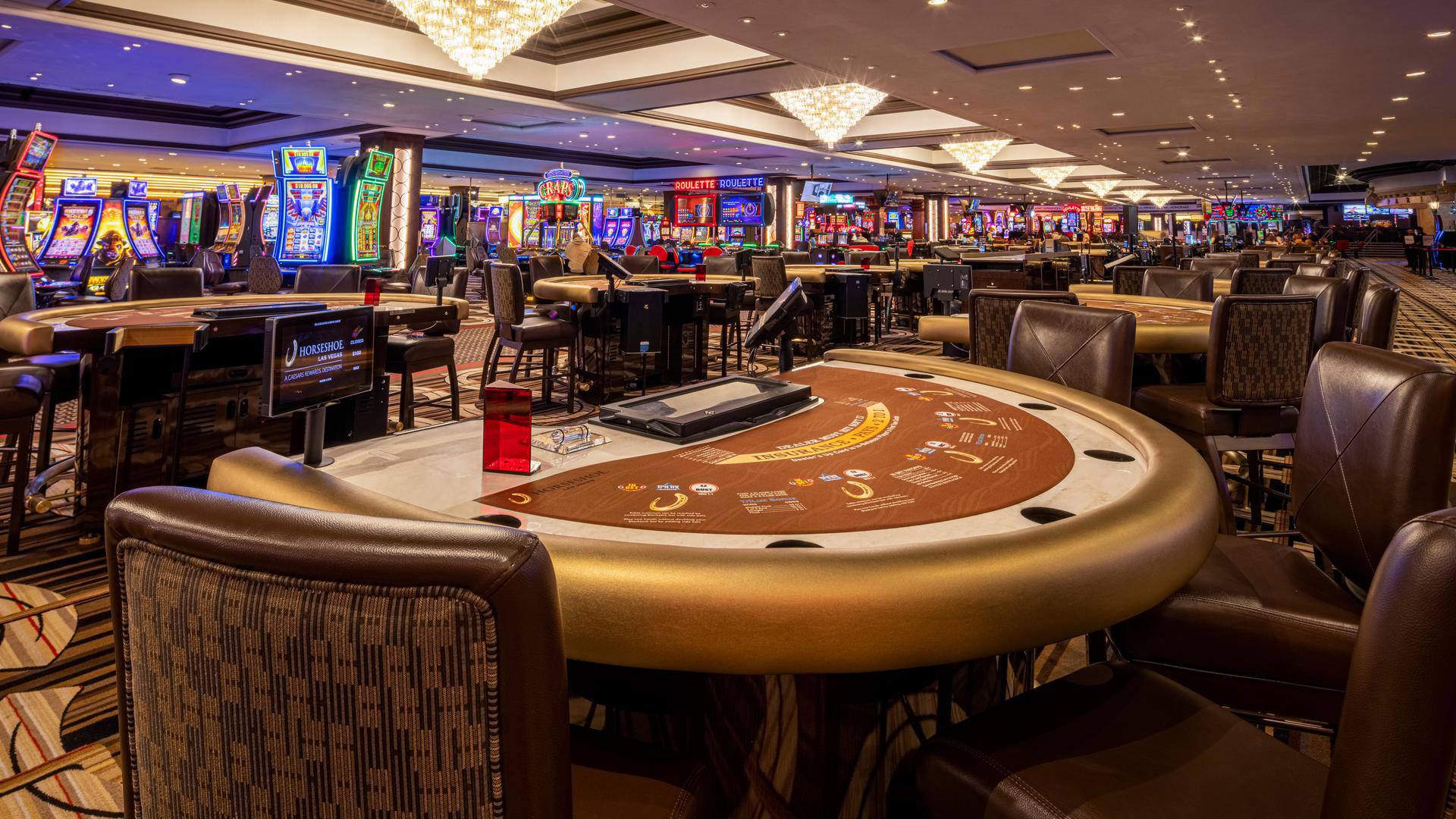
When we think of casino games, the first images that frequently cross our minds are those of rotating wheel devices, poker tokens clattering on fabric tables, and dice flying across a betting surface. While numerous consider these activities as mere hobbies fueled by luck, a deeper exploration reveals a fascinating blend of tactics, skill, and community engagement that raises them well beyond simple chance. Whether you are a seasoned player or a curious newcomer, grasping the nuances of these activities can significantly enhance your experience and appreciation.
Gambling activities have developed over hundreds of years, with different cultures contributing to their rich histories and variations. From the intricate strategies of blackjack to the bluffing methods in poker, players engage in a contest of wits as much as a risk on numbers. This exciting interplay between chance and skill creates a exciting atmosphere that draws countless people to casinos worldwide. As we delve into the world of table games, we will reveal the strategies that can tilt the odds in your advantage and the social aspects that make these activities a popular choice for entertainment and engagement.
A Strategy Behind Table Gaming
Casino games frequently combine a blend of ability and chance, making them fascinating for participants who enjoy a test. Each title has their own set of rules and tactics that can influence the outcome. For instance, in games like blackjack, participants are obliged to use tactics like counting cards and grasping the probabilities to make smart decisions. This skill set can greatly improve their victory potential, distinguishing experienced participants from beginners who may rely solely on luck.
In contrast, titles such as the roulette may appear to be purely based on luck, but strategic thinking can also come into play. Participants can choose between different wagering strategies, such as the Martingale system, where they increase their wagers after a loss. This method can establish a more methodical way to the activity. Toto4d Grasping the odds of specific bets can also assist participants make better decisions on the table, demonstrating that even titles of chance, strategy can enhance the enjoyment.
Additionally, poker is notable as a game that strongly emphasizes strategy. Unlike most casino games, poker combines ability, psychology, and luck. Players must also concentrate on the cards they are dealt but also take into account their opponents behavior and wagering patterns. Mastering principles like position, the odds of the pot, and reading bluffs is crucial for success. This complexity of tactics in poker often leads to a more engaging experience for players, as the choices and abilities significantly affect the game’s outcome.
Comprehending Probability and Ratios
In the domain of casino matches, likelihood and ratios hold a crucial role in determining a player’s potential consequences. Every activity has its own set of principles that define how the chance of winning or losing is calculated. For example, in games like blackjack, players have a chance to modify their odds through strategy, whereas in matches like the wheel, the outcomes are entirely governed by chance. Grasping how these probabilities are calculated can substantially affect how a gambler deals with the match.
Odds are typically expressed in two formats: fractional and numeric. Ratio odds show the proportion of the amount won to the amount bet, whereas decimal ratios show the total payout for a successful bet, including the stake. For example, if a game has ratios of 5 to 1, this means that for every one dollar staked, a gambler could gain five units if successful. Understanding how to read these odds enables players to evaluate their possible winnings and make more informed decisions during gameplay.
Players should also be aware of the casino advantage, which is the casino’s inherent benefit over the players. Each match has a distinct advantage, and grasping this idea is crucial for handling one’s expectations and budget. Activities with a reduced house edge, such as 21 and baccarat, typically offer superior ratios for players compared to games like slot machines and lottery. By recognizing the connection between probability, ratios, and the casino advantage, gamblers can improve their gambling experience and strategize more effectively.
The Exciting Aspect of Table Gaming
Casino games at casinos are often seen as a center of community engagement, drawing participants together in a shared experience that goes far past the mere act of gambling. The atmosphere at a poker table can be vibrant, with players engaging not only with the game itself but also with one another. Laughter, excitement, and, sometimes, playful teasing create connections that improve the overall experience of the gaming experience. This communal aspect can turn a solitary endeavor into a lively social event, making casino games particularly enticing.
One of the intriguing elements of table gaming is the way it fosters camaraderie among participants. Whether it’s teaming up to defeat the dealer at a craps table or sharing stories between hands in a poker game, the environment encourages communication. Players often share advice or tactics, creating a sense of community that enhances the fun. This social dynamic can make new players feel welcomed and less daunted by the competitive nature of casino games. As the game progresses, friendships may form, leading to a sense of connection that keeps players returning to the table.
Moreover, the social aspect of gaming at tables extends outside just the players. Dealers play a crucial role in encouraging interaction and maintaining the flow of the game. Their ability to engage players with warm dialogue and their expertise in managing the table can create an welcoming atmosphere. This relationship between players and staff adds another layer of enjoyment, where players feel bonded not only to each other but also to the staff. Such interactions are often what make the experience memorable, as participants leave with stories to tell and connections made, reinforcing the notion that gaming at tables are truly about more than just chance.
